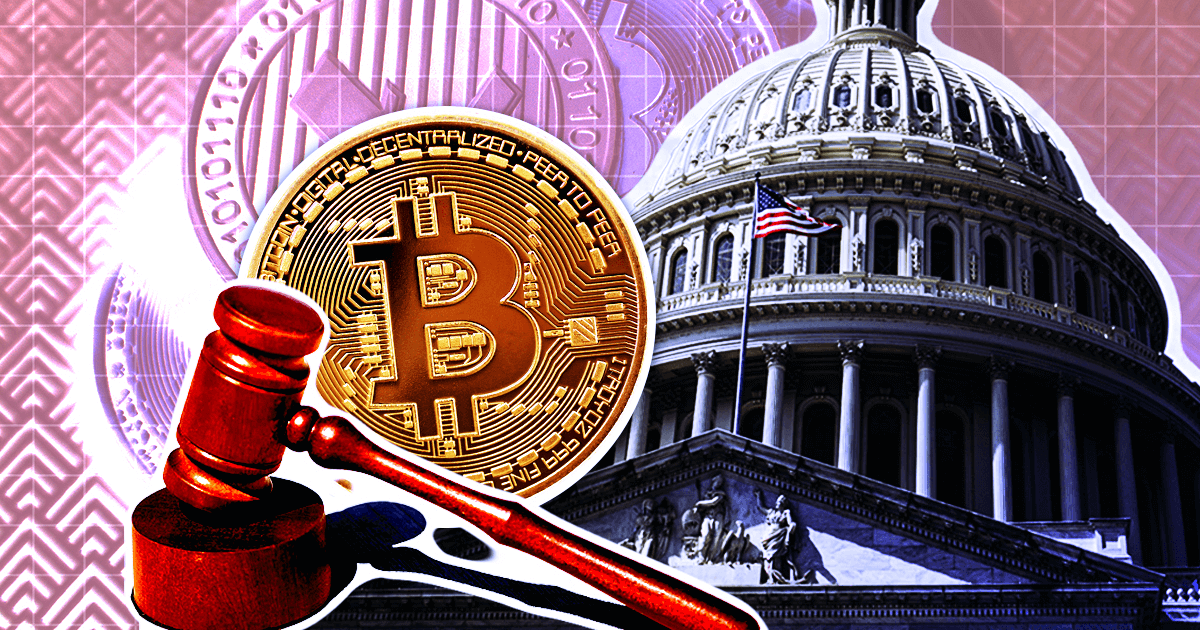Bitcoin has become one of the most discussed financial assets in the world. In the United States, its rising popularity has drawn the attention of both investors and regulators. While many see Bitcoin as a revolutionary digital currency, regulators remain cautious due to its potential risks, such as money laundering, tax evasion, and consumer protection issues. Understanding the landscape of Bitcoin regulation in the US is crucial for traders, businesses, and policymakers.
The Evolution of Bitcoin in the United States
When Bitcoin first emerged in 2009, it was largely unregulated, used mostly by tech enthusiasts. As it grew in value and adoption, the US government began paying closer attention. Unlike traditional assets, Bitcoin is decentralized, meaning no central authority issues or manages it. This unique nature created regulatory challenges for existing financial frameworks.
Over the past decade, agencies like the Securities and Exchange Commission (SEC), Commodity Futures Trading Commission (CFTC), and Internal Revenue Service (IRS) have worked to define how Bitcoin should be classified and monitored. Their involvement has shaped the current regulatory structure, which is still evolving.
Key Regulatory Agencies Governing Bitcoin
1. Securities and Exchange Commission (SEC)
The SEC’s primary focus is investor protection. It does not classify Bitcoin as a security but keeps a close eye on Initial Coin Offerings (ICOs) and crypto-related investment products. The SEC has taken enforcement actions against fraudulent crypto projects to ensure fair markets.
2. Commodity Futures Trading Commission (CFTC)
The CFTC considers Bitcoin a commodity, similar to gold or oil. This classification allows the commission to regulate Bitcoin futures and derivatives markets. The CFTC promotes transparency and integrity in Bitcoin trading while curbing market manipulation.
3. Internal Revenue Service (IRS)
For tax purposes, the IRS treats Bitcoin as property, not currency. This means every Bitcoin transaction is a taxable event. If someone sells Bitcoin for profit, it is subject to capital gains tax. Clear tax guidelines are crucial for compliance and reporting.
4. Financial Crimes Enforcement Network (FinCEN)
FinCEN monitors Bitcoin for potential use in illegal activities. Exchanges and wallet providers operating in the US must comply with Anti-Money Laundering (AML) and Know Your Customer (KYC) regulations to prevent misuse.
Challenges in Bitcoin Regulation
Despite increasing oversight, regulating Bitcoin remains complex. Some of the main challenges include:
- Decentralization: Since Bitcoin operates without a central authority, applying traditional banking regulations can be difficult.
- State vs Federal Laws: Different states have different rules. For instance, New York has its strict BitLicense, while other states have more lenient approaches.
- Innovation vs Control: Regulators want to protect consumers without stifling innovation in blockchain technology.
- Global Nature of Bitcoin: Bitcoin transactions occur across borders, making it hard to enforce consistent rules worldwide.
Benefits of Clear Bitcoin Regulation
Proper regulation can bring several benefits to the US financial ecosystem:
- Investor Protection: Prevents fraud and ensures fair practices.
- Market Stability: Reduces volatility caused by scams and unregulated trading.
- Mass Adoption: Clear rules encourage institutional investors and businesses to enter the crypto space.
- Tax Clarity: Provides transparency for individuals and companies on how to report Bitcoin earnings.
The Future of Bitcoin Regulation in the US

The future of Bitcoin regulation in the US seems to be heading toward a more structured approach. Lawmakers are debating comprehensive cryptocurrency bills that would unify federal and state regulations. There is also ongoing discussion about launching a Central Bank Digital Currency (CBDC), which could influence how Bitcoin is perceived and regulated.
As institutional adoption grows, regulatory frameworks are expected to become more investor-friendly while maintaining strict measures against illegal activities. Striking the right balance between innovation and security will determine the role of Bitcoin in the US financial system.
Bitcoin regulation in the US is still a work in progress. While agencies like the SEC, CFTC, IRS, and FinCEN play critical roles, a unified national framework is still lacking. For investors, businesses, and policymakers, staying informed about these changes is essential. As Bitcoin continues to gain mainstream attention, its regulation will shape not only the future of digital assets but also the broader financial landscape.
Ethereum Investing: A Guide to the Future of Decentralized Finance
How to Evaluate the Performance of a Mutual Fund
Read Also: Website design and development firm
![]()





